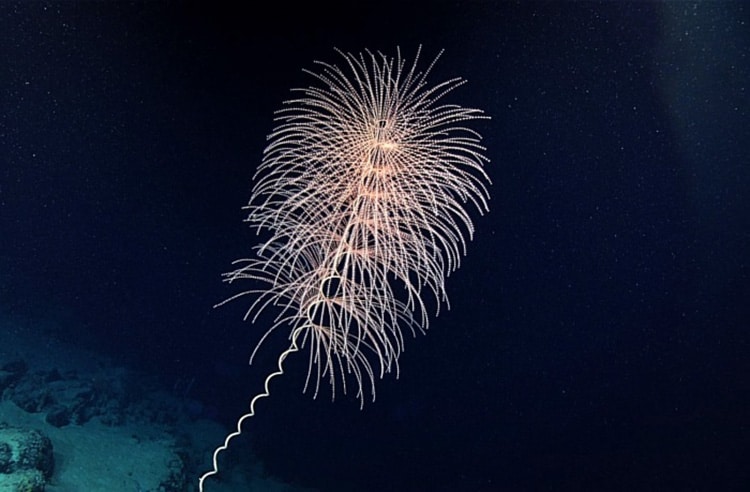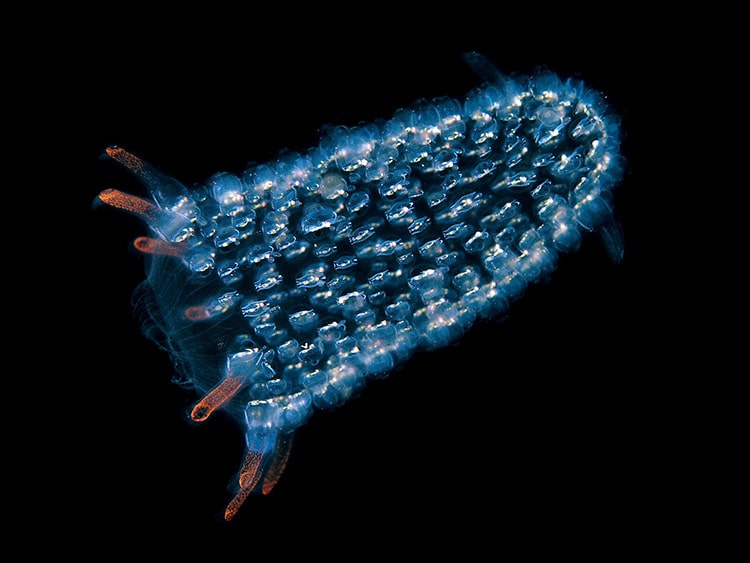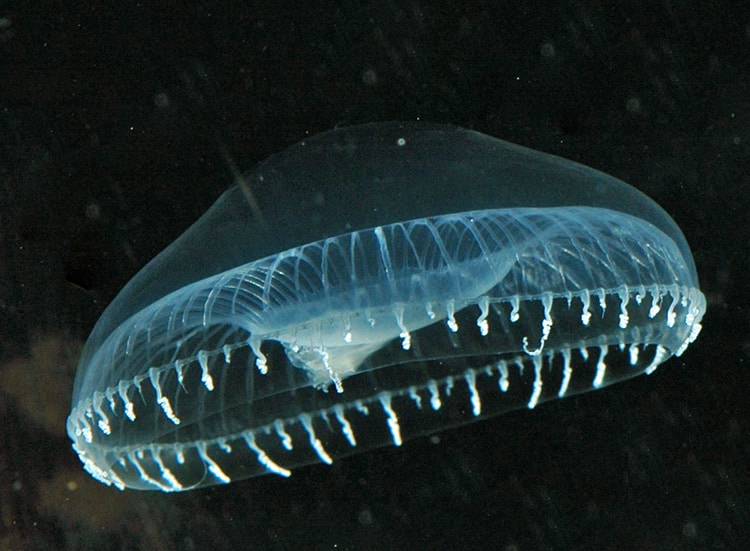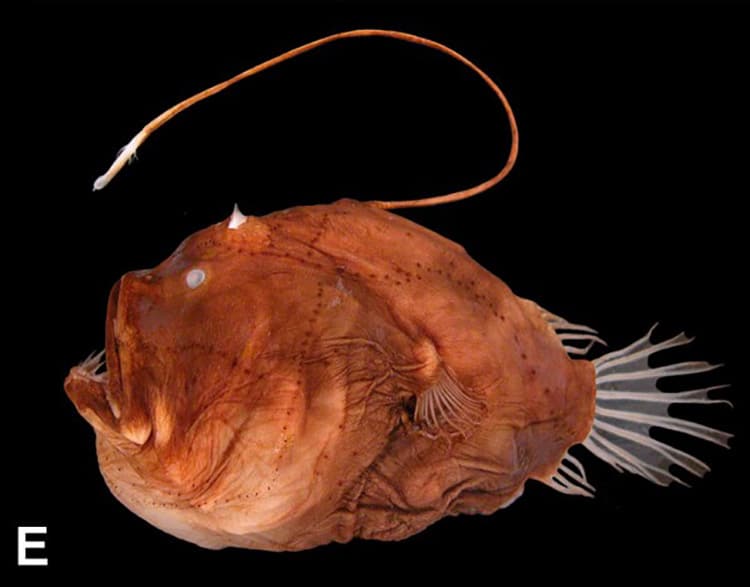It is frequently found in ocean creatures who have evolved to have this unique property.
It turns out the ability existed at least 540 million years ago in octocorals.
So, the question was when did they develop this ability?

Deep-sea octocorals glow. (Photo:NOAA Office of Ocean Exploration and Research)
They focused on octocorals, whose evolution DeLeo had previously worked on.
By comparing modern species with fossils, they applied statistical measures.
This is a much more ancient estimate than the 273-million-year-old luminescent ostracod crustaceans.

A Pyrosome pelagic colonial tunicate. (Photo: Nick Hobgood viaWikimedia Commons,CC BY-SA 3.0 DEED)
A Pyrosome pelagic colonial tunicate.
(Photo: Nick Hobgood viaWikimedia Commons,CC BY-SA 3.0 DEED)
An Aequorea victoria.
(Photo: Sierra Blakely viaWikimedia Commons)
A Bufoceratias wedli.

An Aequorea victoria. (Photo: Sierra Blakely viaWikimedia Commons)
(Photo: Masaki Miya et al.

A Bufoceratias wedli. (Photo: Masaki Miya et al. viaWikimedia Commons,CC BY 2.0 DEED)